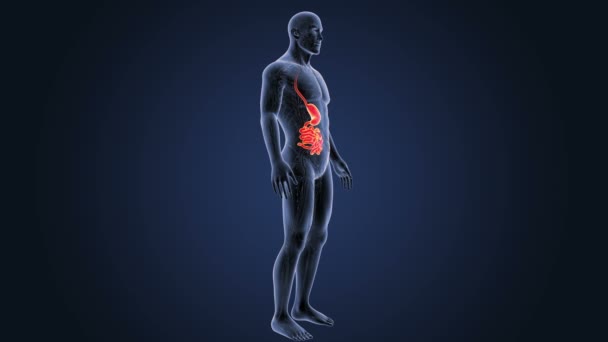

Teens are under a lot of stress these days – from school, friends, class schedules, and safety concerns. When things aren’t going right mentally, that can manifest physically. The sensory nerves in the gastrointestinal system are connected to sensory nerves in the brain. It can also make an existing gastrointestinal disorder worse. Just like in adults, emotional turmoil in teens can manifest as abdominal pain, diarrhea, and other gastrointestinal symptoms. What causes digestive problems in teens? Stress and anxiety It might take several tries, but be patient and calm, and most teens will open up in their own time. They want to be independent, and many don't like to admit they still need their parents. In these cases, I ask parents to remember what it was like to be a teen. When teens hide their symptoms or refuse help, it’s tough not to get frustrated or emotional as a parent. We can talk privately about where your pain is and what symptoms your having."

" I don't want to make you uncomfortable.But I need to hear from you where it hurts so we can help you feel better." " Talking about stomach trouble is never fun." Hey, I am concerned you might be struggling with some stomach issues when we have certain foods, or in certain situations.For example, if a parent notices their teen gets stomach aches only on school days or holes up in the bathroom for an hour after eating ice cream, approach them like this: I've found the best way to approach teens about uncomfortable topics is to treat your conversations like a safe zone rather than an inquisition.īring up the symptoms in a knowing but discrete way. But demanding answers is a surefire way to get them to shut down instead of getting answers. Parents usually know when something is off with their kids. While they might find bathroom humor funny, it's another scenario entirely when it comes to discussing their own bodily functions. How can I get my teen to talk about GI issues? But the first step is for parents to get teens to discuss their symptoms, which can sometimes be a challenge. Part of my role as a pediatric gastroenterologist is to draw out the root cause of a young patient’s GI issues so we can determine the best treatment. But if symptoms linger and start to affect their daily life, it's time to see the doctor. Sometimes symptoms resolve once a student gets into a new routine or learns to avoid certain foods.

The transition between carefree summers and the start of the fall semester can be stressful, and academic anxiety can provoke stress-related gastrointestinal symptoms – and exacerbate existing physical disorders, such as inflammatory bowel disease.įunctional and physical conditions often share the same symptoms and can be equally debilitating. Is it just an upset stomach or something more serious? Most teenage patients come to see us because of gastrointestinal (GI) issues such as abdominal pain.


 0 kommentar(er)
0 kommentar(er)
